Custom DLC Coating Aluminum Titanium CNC Turning Milling Machining Parts
Custom DLC Coating Aluminum Titanium CNC Turning Milling Machining Parts
- Περιγραφή
- Αξιολογήσεις (0)
Περιγραφή
What is DLC Coating?
DLC (Diamond-Like Carbon) coating is a thin-film coating that exhibits properties similar to natural diamond, including high hardness, low friction, wear resistance, and chemical inertness. It is an amorphous carbon material containing a mixture of sp³ (diamond-like) and sp² (graphite-like) bonds, giving it exceptional performance in demanding industrial and engineering applications.
DLC coatings are widely used to enhance the durability and performance of components subjected to friction, corrosion, or high stress. They are applied using Physical Vapor Deposition (PVD) or Plasma-Enhanced Chemical Vapor Deposition (PECVD) techniques.
Materials Used in DLC Coating
DLC coatings can be modified with different elements to enhance specific properties. Common variants include:
Hydrogenated DLC (a-C:H) – Contains hydrogen for improved lubricity and corrosion resistance.
Non-hydrogenated DLC (a-C) – Higher hardness and thermal stability.
Metal-doped DLC (Me-DLC) – Incorporates metals like tungsten (W), titanium (Ti), or chromium (Cr) to enhance adhesion and reduce internal stress.
Silicon-doped DLC (Si-DLC) – Improves thermal stability and reduces friction in high-temperature applications.
Surface Treatment Process
The application of DLC coating involves several critical steps:
Surface Cleaning – The substrate is thoroughly cleaned to remove contaminants.
Pre-treatment (Etching) – A plasma etching process removes oxides and activates the surface for better adhesion.
Intermediate Layer (Optional) – A metallic interlayer (e.g., chromium or silicon) may be applied to improve bonding.
DLC Deposition – The coating is deposited using PVD or PECVD under controlled temperature and pressure.
Post-treatment – Some coatings undergo polishing or annealing to optimize performance.
Key Specifications of DLC Coating
Thickness: Typically ranges from 0.5 to 5 micrometers.
Hardness: 1000–4000 HV (Vickers hardness), depending on composition.
Friction Coefficient: As low as 0.05–0.15, providing excellent lubricity.
Adhesion Strength: Requires strong bonding to substrates (often tested via scratch or Rockwell indentation tests).
Thermal Stability: Some variants withstand temperatures up to 400°C without degradation.
Corrosion Resistance: Highly resistant to acids, alkalis, and oxidation.
Applications
DLC coatings are used across various industries due to their superior performance:
Automotive Industry: Piston rings, fuel injectors, camshafts, and engine components for reduced wear.
Aerospace & Defense: Bearings, gears, and turbine components exposed to extreme conditions.
Medical Devices: Surgical tools, orthopedic implants, and dental instruments for biocompatibility.
Industrial Machinery: Cutting tools, molds, and hydraulic components for extended lifespan.
Consumer Electronics: Smartphone buttons, watch cases, and camera lenses for scratch resistance.
Excellent Case: DLC Coating in High-Performance Automotive Engines
Challenge: High-performance engines in motorsports experience extreme friction and heat, leading to rapid wear of piston rings and cylinder walls.
Solution: Applying hydrogen-free DLC coating (a-C) on piston rings and cylinder liners significantly reduces friction and wear.
Results:
30% reduction in friction losses, improving fuel efficiency.
Extended component lifespan by 3–5 times compared to uncoated parts.
Enhanced engine performance with smoother operation at high RPMs.
This application is widely adopted in Formula 1, Le Mans prototypes, and high-end sports cars, proving DLC coating’s reliability under extreme conditions.
Conclusion
DLC coating is a versatile and high-performance solution for industries requiring wear resistance, low friction, and durability. Its adaptability through doping and advanced deposition techniques makes it indispensable in automotive, aerospace, medical, and industrial applications. The success in high-performance engines demonstrates how DLC coatings push the boundaries of material science, delivering unmatched efficiency and longevity.



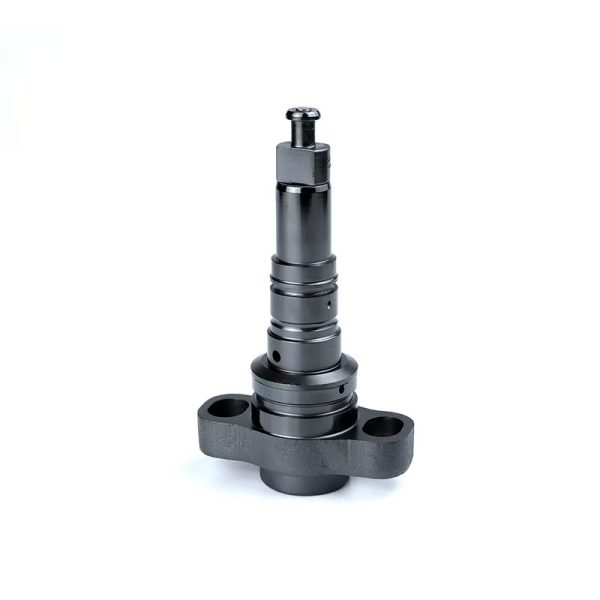

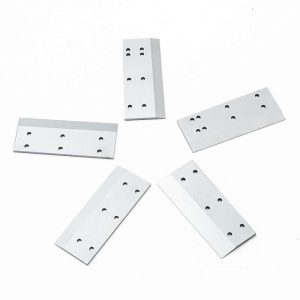



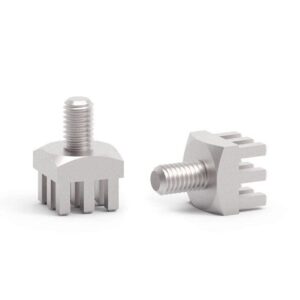
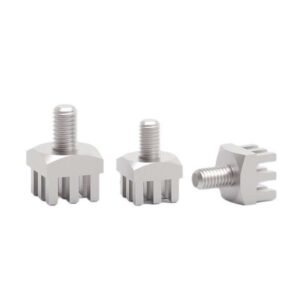
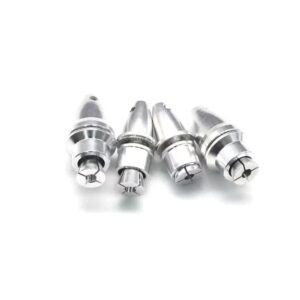
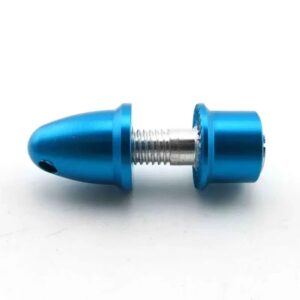
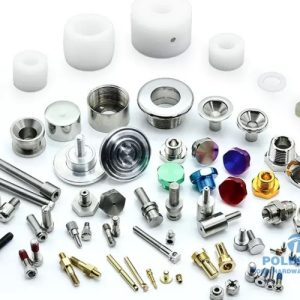
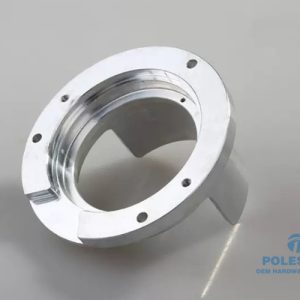
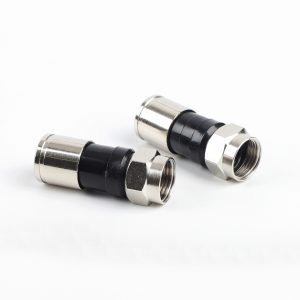



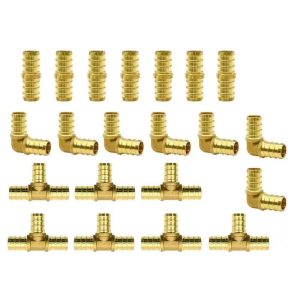
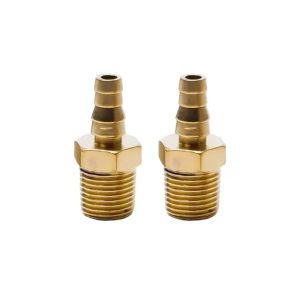
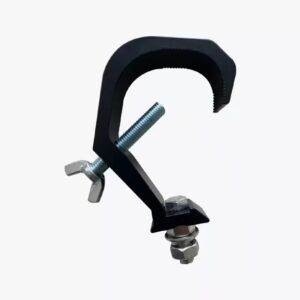
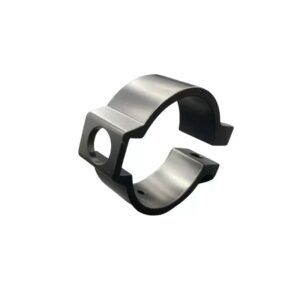
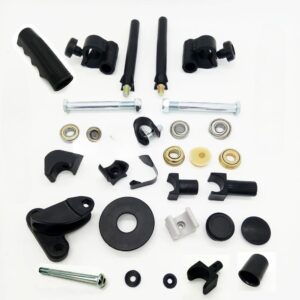
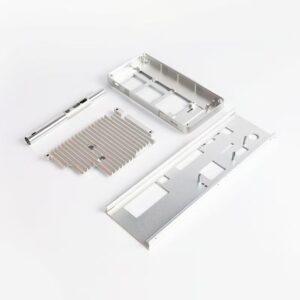
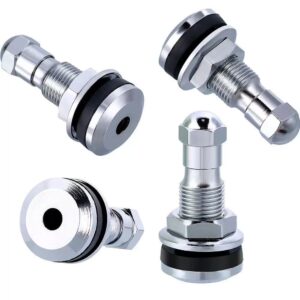
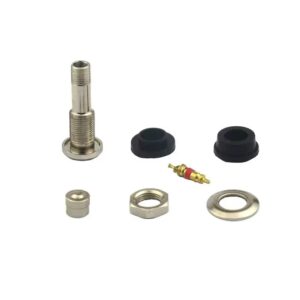


Αξιολογήσεις
Δεν υπάρχει καμία αξιολόγηση ακόμη.